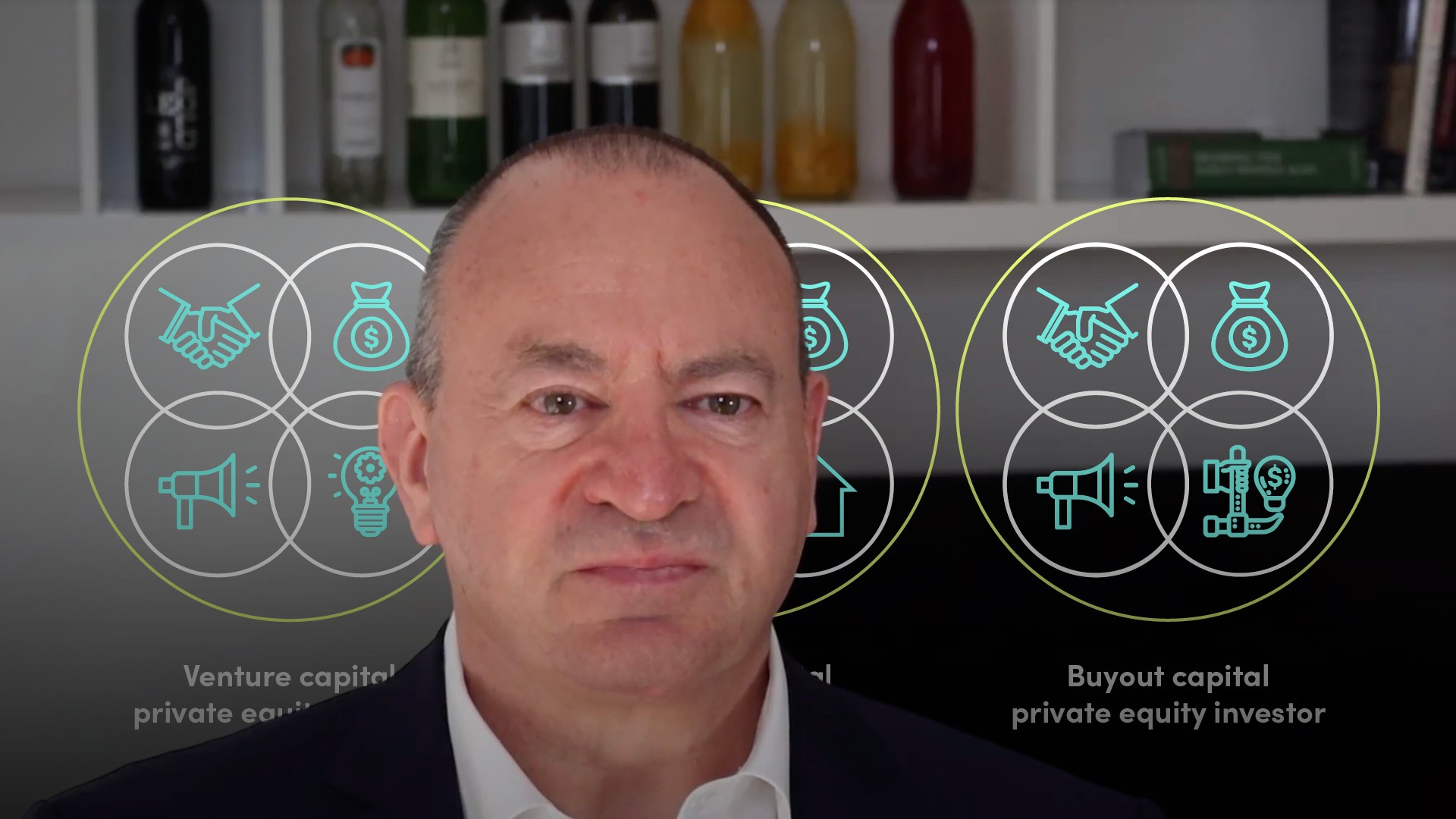
Private Equity Transaction Due Diligence

Gavin Ryan
25 years: Private equity & banking
In this video, Gavin identifies the features of due diligence specific to private equity investments. He explains the main types of due diligence and how the costs are covered.
In this video, Gavin identifies the features of due diligence specific to private equity investments. He explains the main types of due diligence and how the costs are covered.

Private Equity Transaction Due Diligence
18 mins 13 secs
Key learning objectives:
Outline the private equity approach to due diligence
Identify the main types of due diligence
Understand how to manage due diligence costs
Overview:
Due diligence is a standard feature of any investment, so we must identify the features of due diligence specific to private equity (PE) investments. Having a good grasp of this will give a better understanding of how to structure private equity deals. Trust is a fundamental component of the private equity due diligence process.
What is the private equity approach to due diligence?
The PE investor wants to establish whether the business they are investing in is viable and whether the management team are capable of delivering the results. You may get a great opportunity with a weak management team; or a great team in a less attractive sector. Some fund managers are real “gut feel” kind of guys; others are more detached and look at numbers and details. It will depend on the personal style; there is no one size fits all in private equity. Trust is a vital building block of any private equity partnership, more so than other asset classes.What are the main types of due diligence?
The main areas are:
- Business due diligence
- Accounting due diligence
- Legal due diligence
- Technical due diligence
- Environmental, social and governance due diligence, referred to as ESG.
Of relevance are both substance (the work done) and form (the brand standing behind the work). Often funds will have a policy that any report must be done by a so-called brand name. It will be the responsibility of the private equity manager to coordinate the due diligence consultants to avoid duplication, unnecessary costs and contradictory conclusions.
How do you manage due diligence costs?
The fund manager needs to be a project manager. Clear terms of reference will need to be given to the consultants, specifying the scope of work and the fees. Many consultants work on a daily rate, so their interest is to maximise their days. This needs to be managed. For most private equity deals the costs have to be managed and trade offs made. A quite specific issue of private equity due diligence is the question of who pays for the due diligence. For this, we have three candidates:
- The company object of the potential investment
- The private equity fund, as part of the transaction costs of the investment
- The fund manager himself, out of his management fees rather than out of the fund he is managing

Gavin Ryan
There are no available Videos from "Gavin Ryan"

